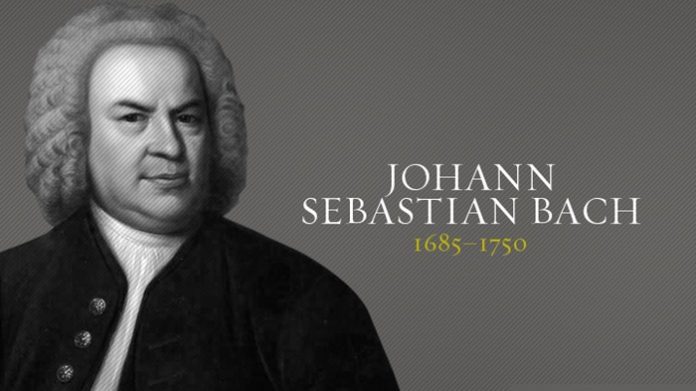J.S. Bach (1685 – 1750) , composed a series of cantatas for the Church’s liturgical year during his time as kappelmeister and kantor at Saint Thomas church in Leipzig, from 1723. He wrote over 200 of them for every Sunday and feast day – one per week, unbelievably – and we have them all, by the grace of God, except for a few dozen. Of course, Bach was what we would now consider a Lutheran, but back then it would have been more the ‘Church in Germany’, as those who followed Luther’s reforms considered themselves more Catholic, or at least more Christian, than the ‘Romanists’.
And likely many were. Although Bach did not get too involved in theological controversy, he was highly religious, virtuous, hard-working, a great family man (he fathered twenty children by his two successive wives), and more ‘Catholic’ than many of those who profess that title, then and now. And we may say the same for the Church in Germany – which is not what it once was, to put things mildly.
The glorious cantatas, as all of Bach’s music, are also more Catholic than much of what has passed for such. The great composer – perhaps the greatest – offered his music for the love of his God, writing at the end of his compositions, Soli Dei Gloria – to the glory of God alone. Here is his cantata for the Whit Sunday – that is the first day of what used to be the Octave of Pentecost – O ewiges Feuer, o Ursprung der Liebe, (O Eternal Fire, O Source of Love), first performed on June 1, 1727.
And we would be remiss if we did not include the great Palestrina’s Veni Creator Spiritus:











